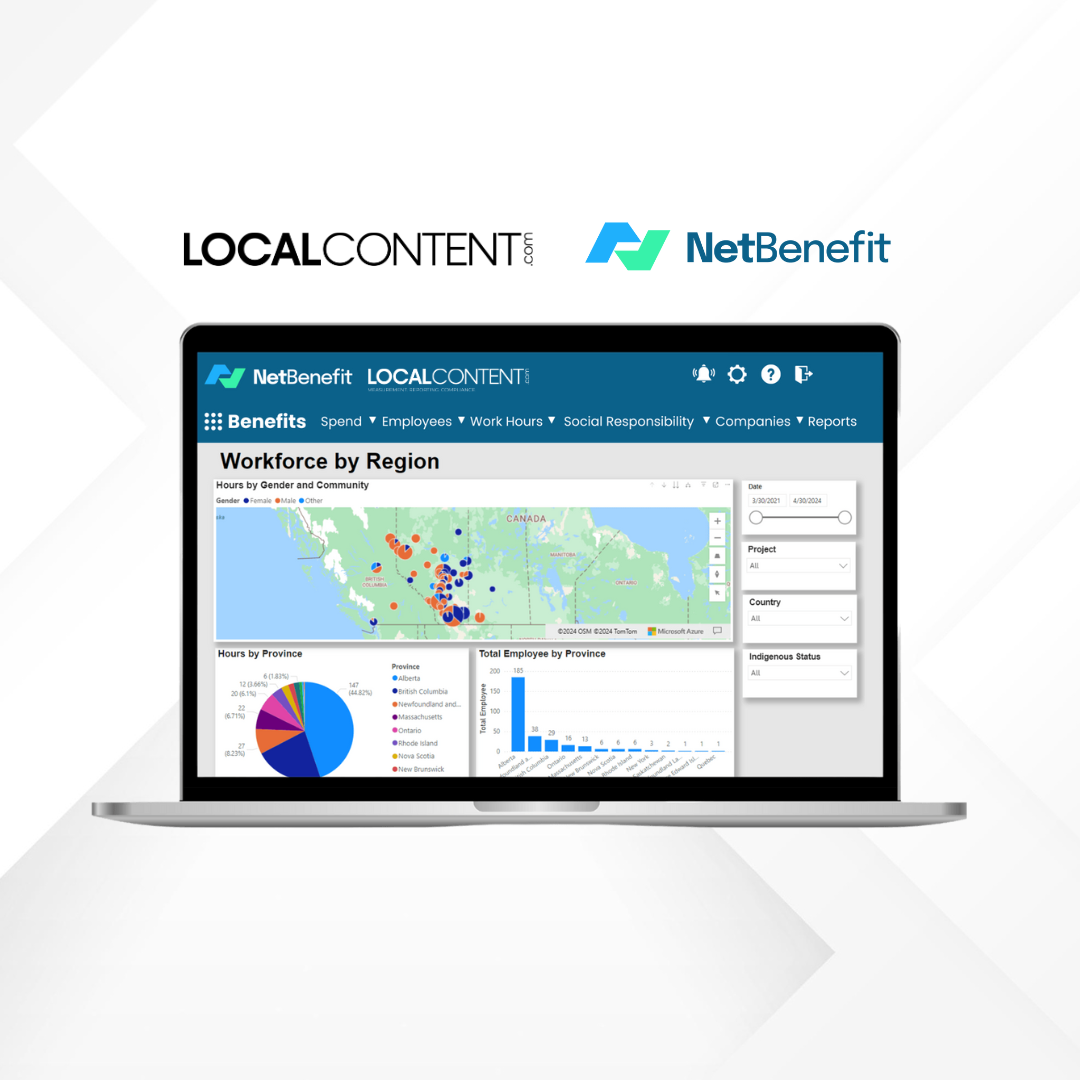BOSTON — The Healey-Driscoll Administration today released the FY2023 Annual Report from the state’s Supplier Diversity Office (SDO) demonstrating continued growth and progress in promoting equity and diversity in state contracting.
The report shows that the state spent approximately $3.38 billion with diverse and small businesses in FY2023, a 7.56 percent increase over the prior year. This spending includes discretionary (or program) spending of approximately $2.1 billion, a 7.75 percent increase over Fiscal Year 2022 (FY2022), and nondiscretionary spending of $1.2 billion, a 7.24 percent increase over FY2022.
The annual report documents more than $163.7 million in spending on state-funded municipal construction projects overseen by SDO’s Municipal Construction Affirmative Marketing Program (MCAMP) and more than $400 million in spending by quasi-public organizations who submitted program narratives. When adding these efforts, Massachusetts spent nearly $4 billion in public spending with diverse and small businesses.

“Our small and diverse businesses play such a critical role in our communities and our economy, and our administration has been committed to lowering barriers for them to do business with the state,” said Governor Maura Healey. “We’re proud of the progress reflected in this report and look forward to continuing to work with these incredible businesses across our state.”
“Supporting and creating a strong and vibrant pool of diverse and small businesses means more choices, more local success, and ultimately a better economy for everyone,” said Lt. Governor Kim Driscoll. “We’re proud to announce that we are continuing to make progress in bringing fairness and equity to state contracting.”
In FY2023, discretionary spending grew with businesses owned by minorities, women, veterans, and those with a disability by 0.56 percent, 6.9 percent, 21.1 percent, and 46.2 percent respectively compared to the prior year. Spending with small businesses also grew by 13.9 percent over FY2022.
The report shows benchmarks for state department spending for small businesses, minority-owned businesses, and women-owned businesses were exceeded by 46%, 8.14 percent, and 43.03 percent respectively.
“Over and over again in conversations with community leaders, elected officials and within our own administration, I’ve heard about the importance and desire to increase opportunity and improve participation of diverse and small businesses in our state contracting. This report documents the progress we’ve made, and working with our partners inside and outside of state government I know we can and will do more,” said Secretary of Administration and Finance Matthew J. Gorzkowicz.
“While I am proud of the hard work and many accomplishments of the Supplier Diversity Office staff and Commonwealth agencies in FY2023, we know that there is still much more work to be done in order to ensure equity in the Commonwealth’s procurement and contracting process,” said Bill McAvoy, executive director of the Supplier Diversity Office. “We look forward to continuing to innovate, further streamlining and supplementing the services we provide, and being more intentional in our efforts to promote and provide real opportunities for diverse and small businesses.”
The SDO’s mission is to promote diversity, equity, and inclusion in state contracting. The SDO’s primary tool for fulfilling this mission is by certifying businesses owned by minorities, women, veterans, service-disabled veterans, those with a disability, and LGBT individuals, as well as small Massachusetts businesses. This certification helps enhance the marketability of these businesses when bidding on public contracts.
Click here to view the SDO’s FY2023 Annual Report.
Other highlights of the Annual Report include:
- The Healey-Driscoll Administration announced the expansion of spending benchmarks in the SDO’s Supplier Diversity Program (SDP) to LGBT and Disability-Owned Businesses effective in FY2024, further building on Massachusetts having the most inclusive state supplier diversity program in the nation.
- The number of diverse and small companies doing business directly with the state and the number of diverse businesses doing business with Massachusetts contractors continues to grow. In FY2023, the state had direct expenditures with 1,584 diverse and small companies, an 8 percent increase compared to FY2022. The number of diverse businesses listed as supplier diversity partners by Massachusetts contractors reached 1,238, an increase of 4 percent over the prior year.
- In FY2023, MBE spending by executive departments and other agencies participating in the Supplier Diversity Program grew by $3.3 million, despite a dramatic shift in purchasing after the end of the COVID pandemic. In FY2020-FY2022, MBE spending was bolstered by a significant growth of sales of personal protective equipment (PPE), COVID test kits, and supplies. FY2023 shows a readjustment as COVID-related orders diminished while non-COVID MBE spending continued to grow. As a result of these two trends and year-to-year changes in agency and contractor needs, some business groups experienced growth in spending while others saw a decline.
- Spending with Asian American (Pacific), Cape Verdean, and Hispanic/Latino owned businesses increased by 5.97 percent, 20.37 percent, and 14.22 percent respectively. Over the same period, spending with African American-owned businesses declined by 26.03 percent, Asian American (Subcontinent) by 8.8%, and Native American-owned businesses by 93.23 percent. However, while COVID orders declined dramatically from FY2022 to FY2023, non-COVID-related spending with African American-owned business increased by 35.8 percent over the same period. Changes in Asian American (Subcontinent) and Native American-owned business spending are due to changes in indirect spending by statewide contractors and the completion of construction contracts respectively.
- The number of certified businesses increased in all categories that participate in the state’s Supplier Diversity Program and Affirmative Marketing Program. The SDO added 1,149 new diverse businesses to its directory (a 25 percent increase over FY2022), including 202 new MBEs, 178 new WBEs, 28 new disability-owned businesses, 25 new veteran-owned and service-disabled veteran-owned businesses, and 801 new LGBT-owned businesses.
“While this report demonstrates that the Commonwealth has experienced growth in diverse and small business spending and in the number of relationships with diverse and certified firms in FY2023, it is clear that there is considerable work to be done to ensure a more pronounced increase in inclusive procurement outcomes across population groups,” said Nicole Obi, president and CEO at the Black Economic Council of Massachusetts and chair of the SDO’s Diverse and Small Business Advisory Board.“The Commonwealth has adopted some promising new FY2024 SDO initiatives, and I am particularly enthused by the passionate and collaborative energy being brought to our Diverse and Small Business Advisory Board convenings. As Chair of the advisory board, I remain committed to this important work of removing barriers for diverse and small businesses to promote more equitable state contracting.”
The SDO continues to promote equality through technology in FY2023 with the release of its Supplier Diversity Hub. The online system offers matchmaking of diverse and small businesses to prime contractors, agencies, and technical and financial assistance providers. The Hub also enables state departments and contractors to track their own compliance with diverse and small business benchmarks.
The SDO also rolled out an online interactive map of Massachusetts diverse and small businesses, helping state departments, municipalities, and prime vendors find diverse and small businesses by county, city/town, zip code and/or certification type.
Visit the SDO website at www.mass.gov/sdo to learn more about the SDO, view resources, and see the FY2023 Annual Report.
###








